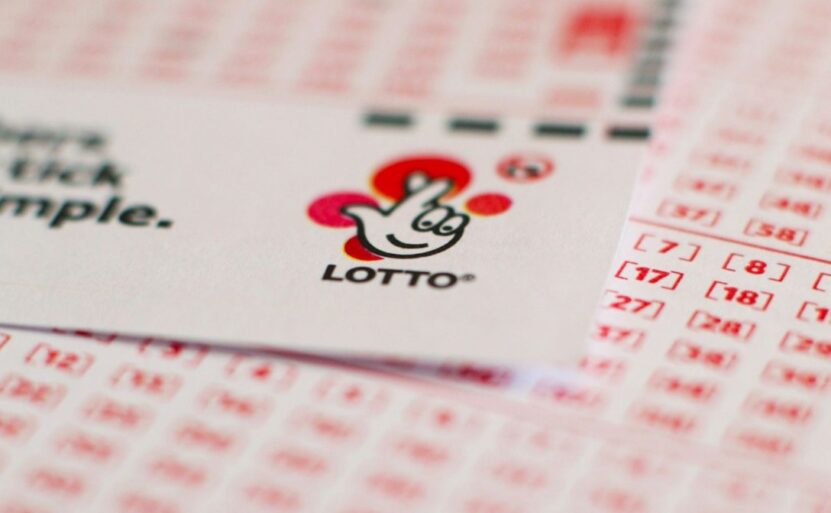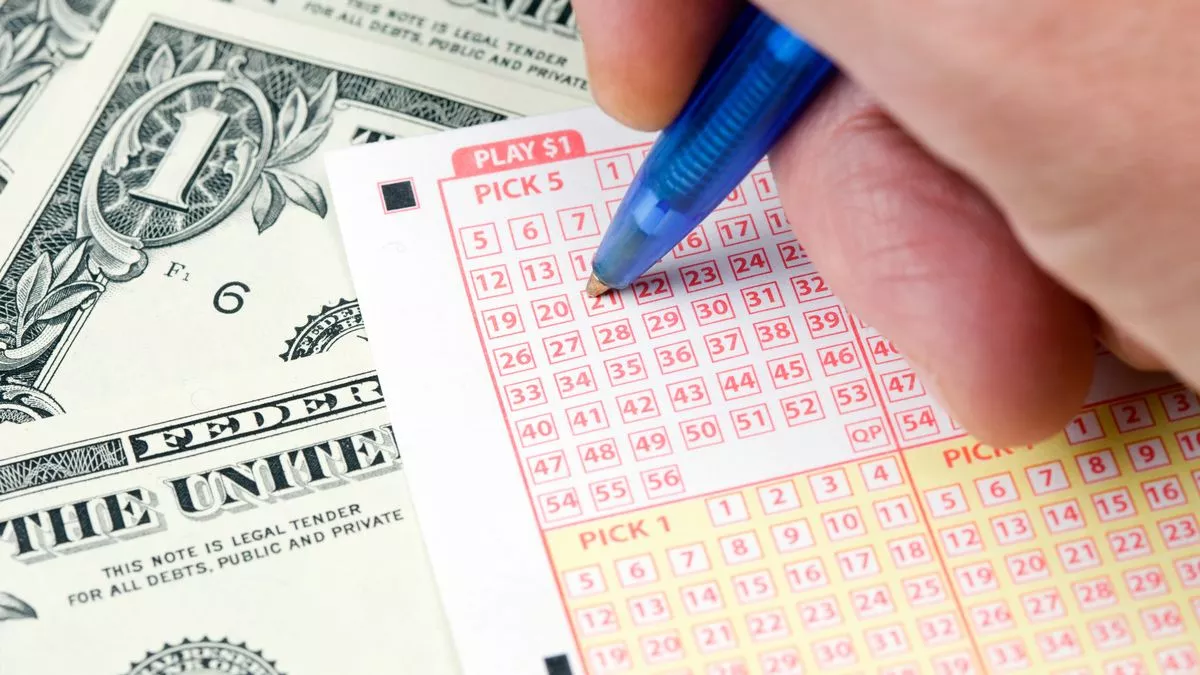
Participating in the lottery is a widespread activity. Many people enjoy dreaming of huge jackpots and imagining what life would be like after winning. However, there’s a question that constantly comes up: is it a fun pastime or a way of sabotaging financial well-being?
For some, an extra layer of excitement or strategy can be added by prediction services that claim to give users better insights, helping them make more informed decisions.
But no matter the method, financial caution should always come first. Recognizing the difference between fun and financial self-sabotage is crucial to enjoying the lottery without harm. In this article, we will explore whether it’s truly a harmless game or if there’s a deeper issue with how it affects personal finances.
The Thrill of the Game
When people buy a lottery ticket, they are often looking for excitement. Scratching off numbers or waiting for the draw can be thrilling. It’s not only about winning; it’s also about the anticipation and hope that comes along with it. That feeling of “what if?” keeps millions hooked.
A single ticket gives the chance to dream of a better life. For many, buying a ticket is a cheap way to experience that dream for a short time. The fun and thrill of thinking about what to do with a huge sum of money can outweigh the low cost of participation. After all, imagining winning a jackpot is exciting.
People often play to participate in something bigger than themselves. Friends, family members, and even coworkers pool money for lottery tickets, turning it into a social experience. Whether for a good laugh, to share a dream, or just for fun, lotteries can be a bonding activity.
However, despite the fun, some raise concerns about the cost and the odds. But before diving into the financial aspect, let’s explore tools that claim to increase your chances of success.

The Financial Cost
Buying a ticket may feel like a harmless expense. A few dollars here and there don’t seem like much, especially when considering the potential rewards. However, consistent participation can lead to significant cumulative costs.
Take a moment to calculate how much a regular player spends annually. A $5 ticket once a week totals $260 a year. For someone who buys more tickets or plays multiple times a week, the number rises quickly. Over the years, this can add up to thousands of dollars.
Even though a ticket offers the chance at winning jackpots, the vast majority of players will never win a major prize. In essence, regular participation can turn into an ongoing expense with no real financial return. For those already facing financial challenges, spending money on tickets could worsen their situation.
The hope of life-changing jackpots can cloud rational thinking. The idea of hitting the jackpot becomes so powerful that some people spend more than they can afford. A few dollars on a ticket may not hurt, but when it becomes a habit, it starts to chip away at financial well-being.
The Reality of the Odds
The biggest issue with the lottery is the odds. It’s crucial to understand how unlikely it is to win a major prize. For example, in some lotteries, the odds of winning the top prize could be one in millions. The chances are so slim that even if you play regularly, the odds don’t improve significantly.
While the small hope of winning drives many to keep buying tickets, understanding the mathematical odds is essential. Even if someone uses prediction tools or develops a specific strategy, the results remain uncertain. The lottery, by its nature, is random.
People often get caught up in stories of jackpot winners and assume that if it happened to someone else, it could happen to them too. But the reality is that those stories are rare. The winners are a tiny fraction of the total participants, and for every big win, millions of people walk away with nothing.

The Emotional and Psychological Side
Lotteries tap into a person’s natural desire for more. The dream of an easy way to wealth appeals to nearly everyone. It’s easy to get caught up in fantasies of what could be if luck strikes. Many people see the lottery as their one shot at a different life.
However, playing can also lead to emotional stress. Regular losses can cause frustration and disappointment. Some may even develop unhealthy habits, chasing after their losses by buying more tickets, hoping that next time will be different.
It’s important to remember that lotteries are designed to make money for organizers, not participants. Many see lotteries as fun, but it can turn problematic when someone becomes emotionally dependent on winning.
Finding a Balance
The lottery isn’t inherently harmful when viewed as a form of entertainment. For those who can afford the occasional ticket and see it as harmless fun, there’s nothing wrong with it. It can be part of a fun routine, a quick thrill, or an exciting social activity with friends.
However, when the lottery becomes more than that, problems arise. Spending large amounts of money in hopes of winning a jackpot can lead to financial issues. It’s essential to set limits and not get carried away with the allure of winning.
Some may benefit from keeping track of their spending on tickets and setting a budget. Recognizing when it stops being a fun activity and starts becoming a financial burden is key to maintaining control.

Conclusion
Playing the lottery can be an enjoyable and exciting experience for many. It provides a brief moment of hope and thrill, allowing participants to dream about a life-changing jackpot. For those who approach it with caution, purchasing a ticket every now and then can be a harmless source of fun. The excitement of imagining what life could be like with a big win adds a layer of entertainment, especially when shared with friends or family.
However, the reality is that the odds of winning remain incredibly slim, and regular participation can turn into a costly habit.
